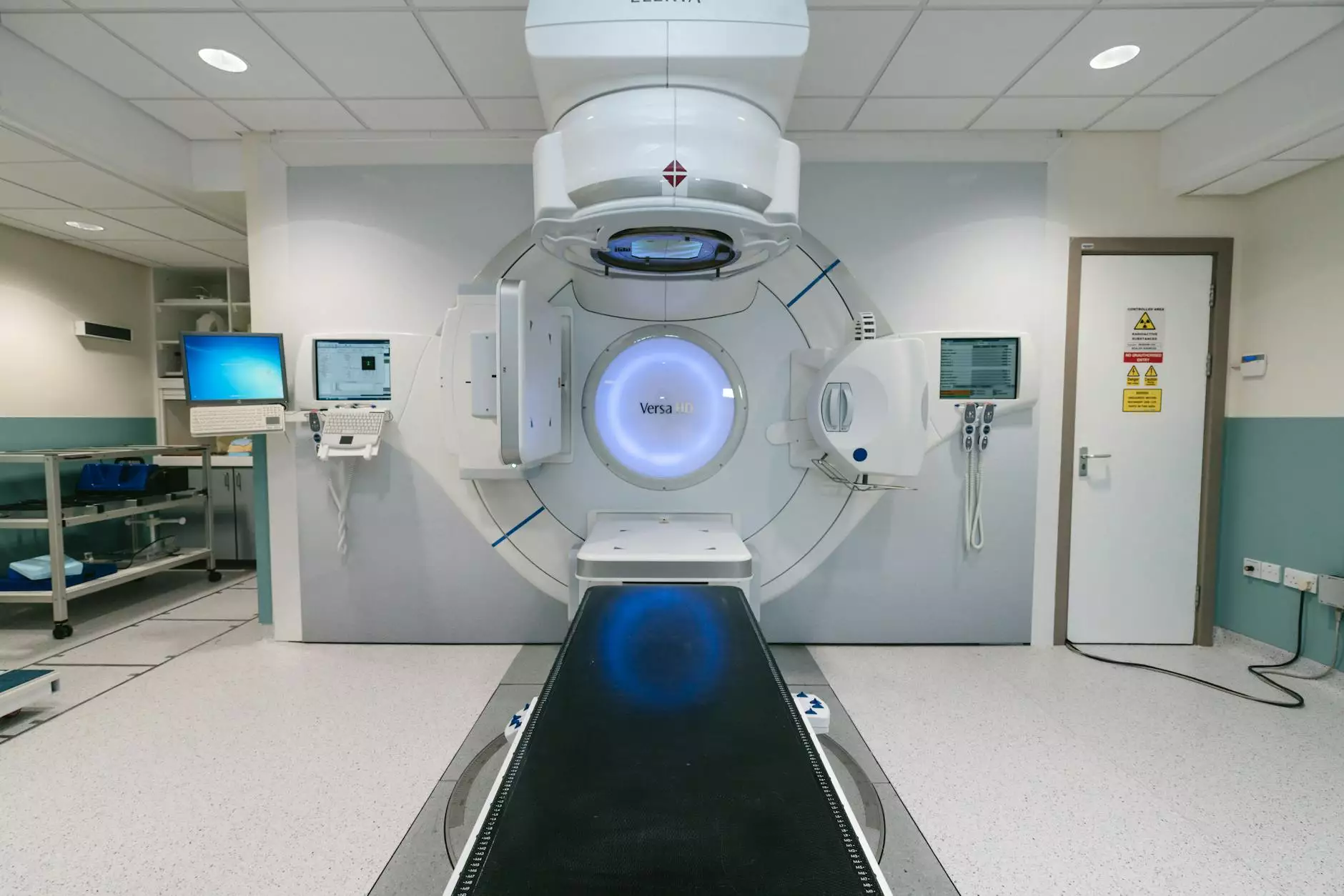Thyroid Cancer Specialists: Your Guide to Comprehensive Care

Thyroid cancer is one of the most common types of cancer that affects the endocrine system. It occurs when cells in the thyroid (a butterfly-shaped gland located at the base of the neck) begin to grow uncontrollably. To manage this disease effectively, it is essential to consult with qualified thyroid cancer specialists who can provide a detailed understanding of the condition, treatment options, and ongoing support. In this article, we delve into the vital aspects of thyroid cancer, the specialists involved, and the multifaceted approaches to treatment and care.
Understanding Thyroid Cancer
The thyroid gland produces hormones that regulate metabolism, heart rate, and body temperature. When this gland is affected by cancer, it can lead to a variety of symptoms, and understanding these is crucial for early detection.
Types of Thyroid Cancer
There are several different types of thyroid cancer, including:
- Papillary Thyroid Carcinoma: The most common form, generally slow-growing and often treated successfully.
- Follicular Thyroid Carcinoma: This type tends to be more aggressive and may require more intensive treatment.
- Medullary Thyroid Carcinoma: This can occur sporadically or as part of a genetic syndrome.
- Anaplastic Thyroid Carcinoma: A rare form that grows rapidly and is often challenging to treat.
Symptoms of Thyroid Cancer
Early symptoms may be subtle but could include:
- A noticeable lump or swelling in the neck
- Changes in voice or hoarseness
- Difficulties swallowing or breathing
- Persistent cough not associated with a cold
- Thyroid function changes (such as weight gain/loss)
The Role of Thyroid Cancer Specialists
Thyroid cancer specialists include endocrinologists, oncologists, surgeons, and radiologists. Each specialist plays a vital role in diagnosing and treating thyroid cancer.
Endocrinologists
Endocrinologists are experts in hormonal issues and thyroid disorders. They typically conduct initial evaluations, including:
- Physical examinations
- Blood tests for thyroid function
- Fine-needle aspiration (FNA) biopsies
Oncologists
Medical oncologists specialize in systemic therapies, primarily chemotherapy and targeted therapy. They calculate the treatment plan based on:
- The type and stage of cancer
- Patient health and preferences
Surgeons
Thyroid surgeons focus on the surgical removal of cancerous tissues. Surgical interventions may include:
- Thyroidectomy: The removal of the entire thyroid
- Lobectomy: The removal of a portion of the thyroid
- Neck dissection: Removal of lymph nodes if cancer has spread
Radiologists
Radiologists are crucial for imaging studies, helping to ascertain the spread and extent of the disease. They utilize:
- Ultrasounds
- CT scans
- MRIs
- PET scans for advanced cases
Diagnosis of Thyroid Cancer
Proper diagnosis is paramount in managing thyroid cancer. The procedure typically includes:
- Clinical Evaluation: Assessing symptoms and medical history.
- Imaging Studies: Utilizing ultrasound and other imaging techniques.
- Biopsy: Performing an FNA to collect and analyze thyroid cells.
- Thyroid Function Tests: Monitoring levels of thyroid hormones in the blood.
Treatment Options for Thyroid Cancer
Treatment varies widely based on the type and stage of cancer. The main strategies include:
Surgery
Surgical options play a critical role in the treatment of most thyroid cancers. When feasible, thyroid cancer specialists recommend:
- Total Thyroidectomy: Complete removal of the thyroid gland.
- Partial Thyroidectomy: Removal of only part of the gland, suitable for less aggressive cancers.
Radioactive Iodine Therapy
This post-surgical therapy helps eliminate remaining cancer cells, particularly effective in cases of papillary and follicular cancers.
Hormone Replacement Therapy
Many patients who undergo thyroid removal will require lifelong hormone replacement therapy to maintain normal metabolic function.
Targeted Therapies and Chemotherapy
For more aggressive forms of thyroid cancer, targeted therapies or chemotherapy may be indicated to stop cancer growth effectively.
Support for Patients and Families
Coping with a thyroid cancer diagnosis can be challenging. Comprehensive care provided by thyroid cancer specialists often includes:
- Patient Education: Helping patients understand their condition and treatment options.
- Support Groups: Connecting patients with others who share similar experiences.
- Nutritional Counseling: Offering dietary advice to support overall well-being during treatment.
- Psychosocial Support: Providing access to mental health professionals to assist in coping strategies.
Technological Advancements in Thyroid Cancer Treatment
With ongoing research and development, thyroid cancer specialists are staying at the forefront of medical science. Today's advancements include:
- Minimally Invasive Surgical Techniques: Reducing recovery times and complication risks.
- Genetic Testing: Identifying genetic markers can tailor treatment plans effectively.
- Robotic Surgery: Increasing precision in removing thyroid tissue.
Conclusion: The Importance of Consulting Thyroid Cancer Specialists
Early diagnosis and expert care from qualified thyroid cancer specialists cannot be overstated. When faced with a diagnosis of thyroid cancer, seeking a multidisciplinary approach can significantly enhance treatment outcomes and quality of life. By understanding the complexities of thyroid cancer, patients and families can make informed decisions and navigate the journey toward recovery with confidence.
For further information and assistance, don’t hesitate to reach out to professionals at oncologicalsurgery.net. Your health and well-being are paramount, and the right specialists will be pivotal in your journey.









